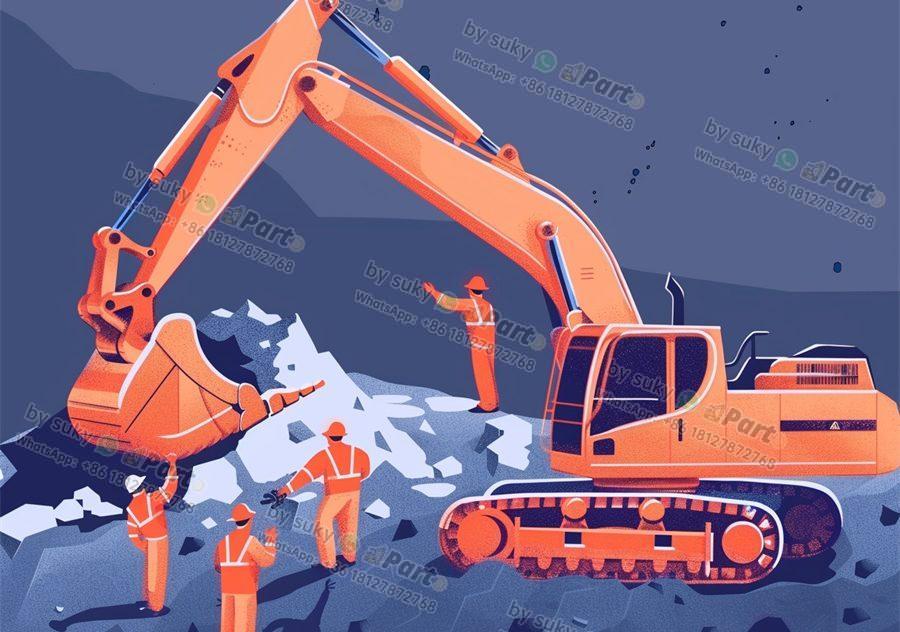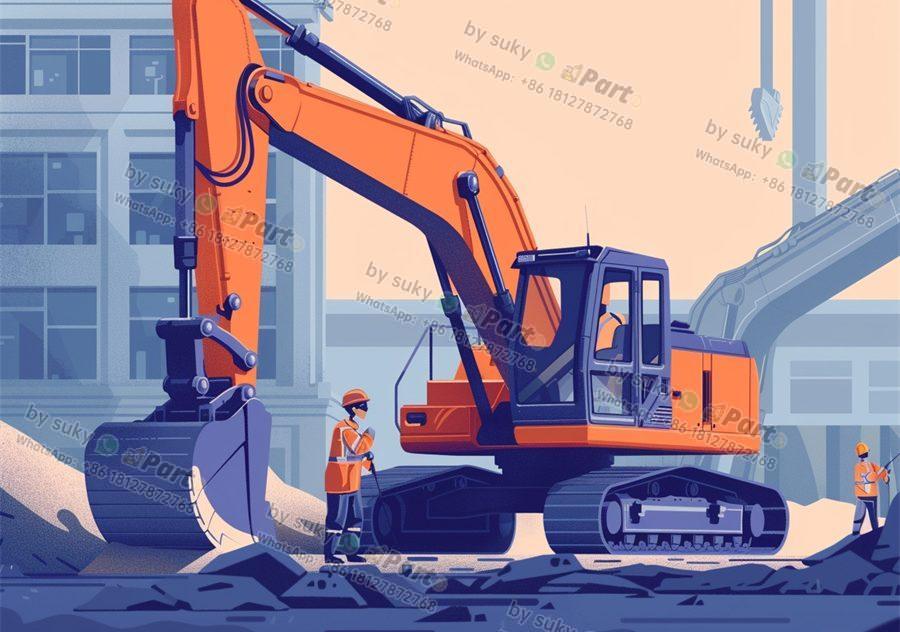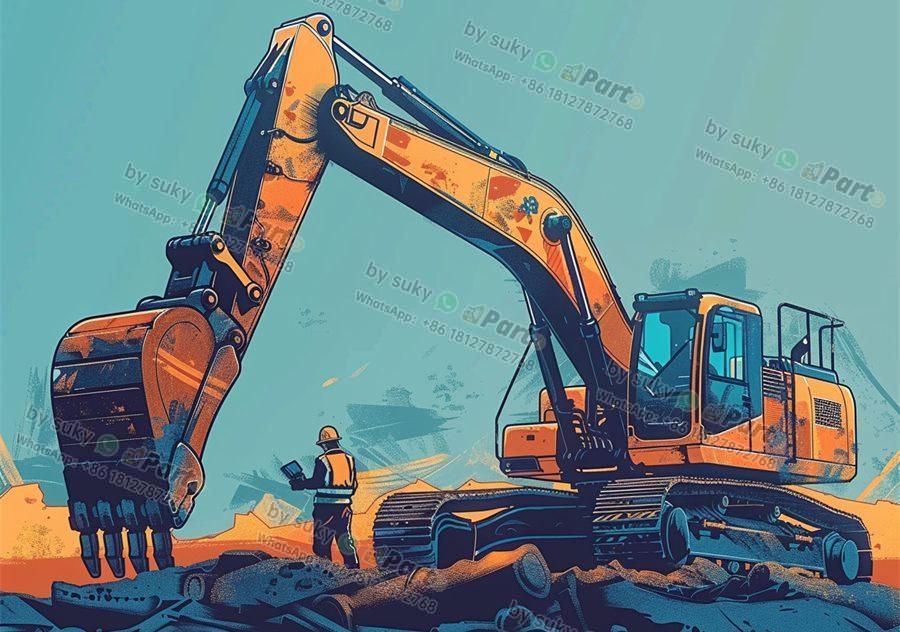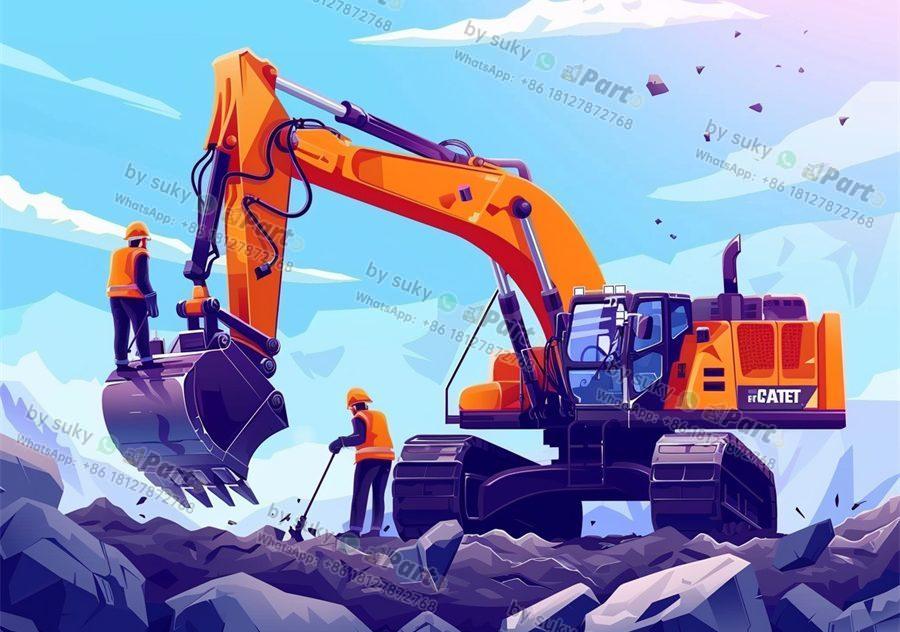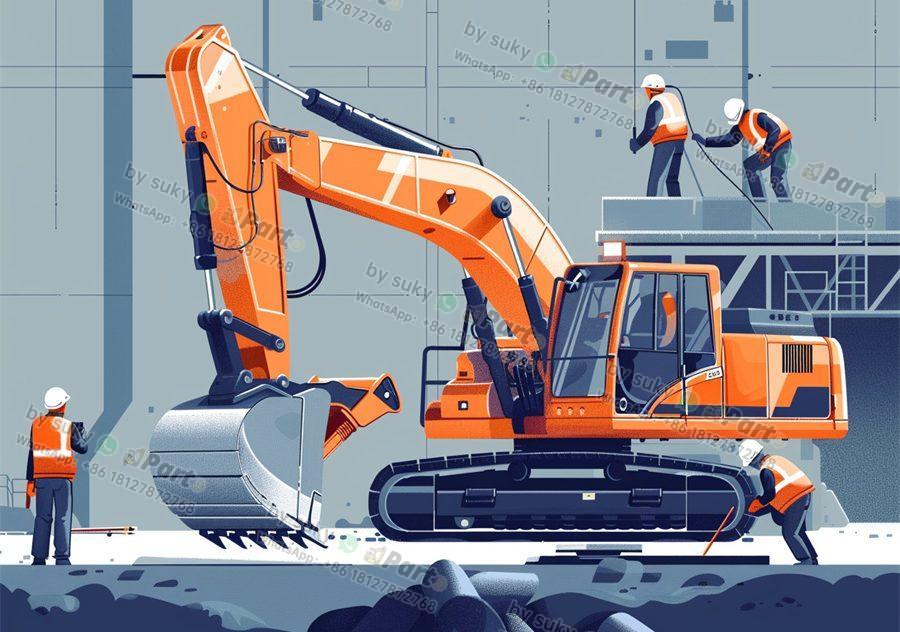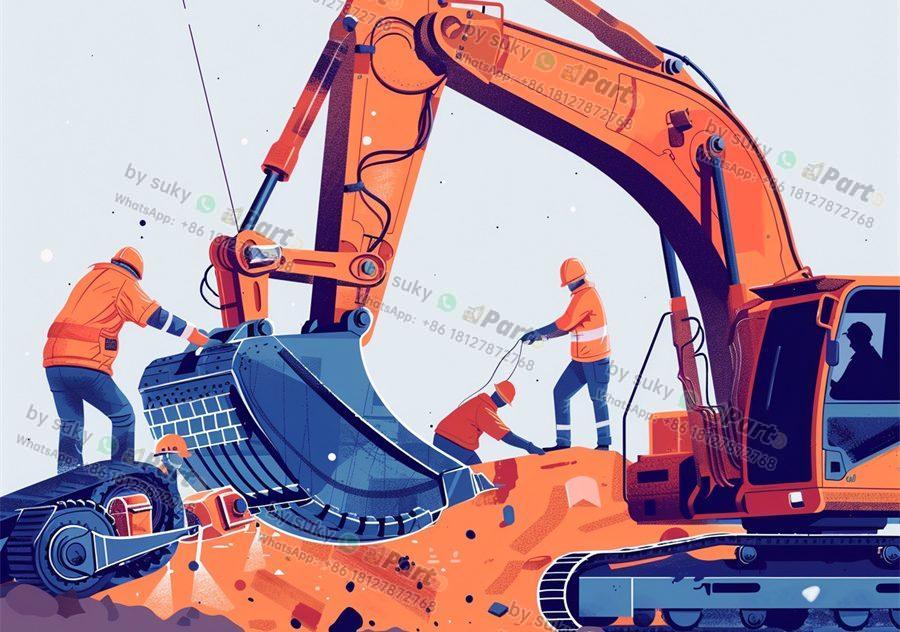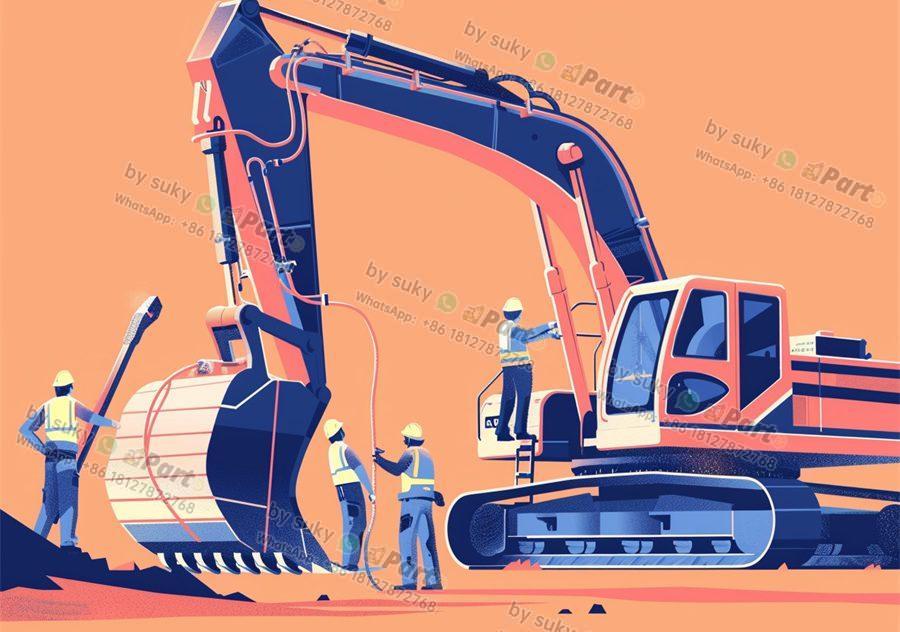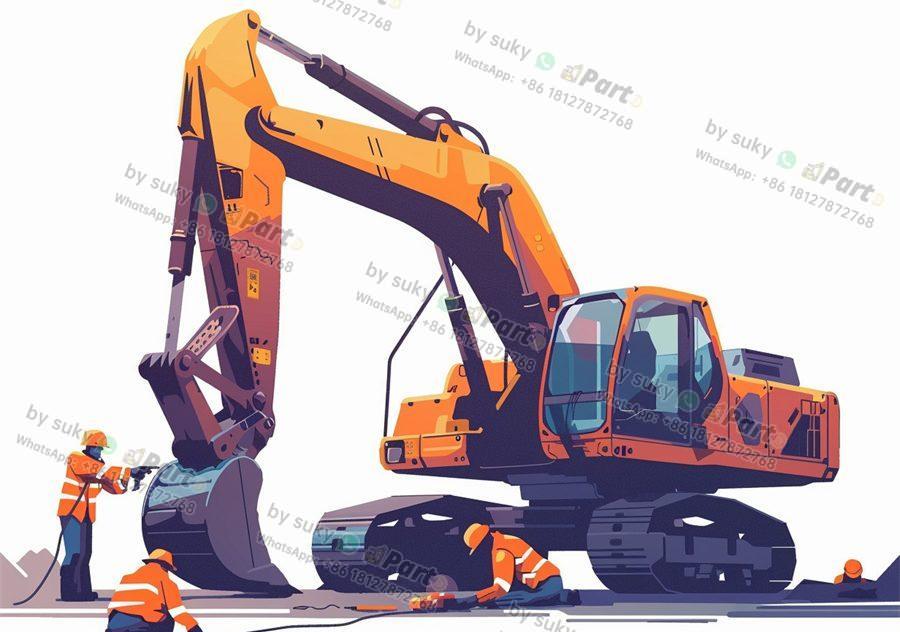Excavator parts are essential components of construction machinery and play a vital role in ensuring smooth operation and longevity of excavators. For importers and distributors in India looking for reliable and high-quality excavator parts manufacturers, there are several key factors to consider.
Quality Assurance
When sourcing excavator parts, it is important to prioritize quality assurance. Look for manufacturers who adhere to strict quality control processes and certifications to ensure the durability and performance of the parts. Reputable manufacturers will have robust testing procedures in place to guarantee the reliability of their products.
Wide Range of Products
Another important consideration when choosing an excavator parts manufacturer is the variety of products they offer. Opt for manufacturers who have a diverse range of parts available, including undercarriage parts, hydraulic components, engine parts, and more. This ensures that you can find all the necessary parts from a single source, simplifying the procurement process.
Competitive Pricing
Cost efficiency is a crucial factor for importers and distributors in the construction machinery industry. Look for excavator parts manufacturers in India that offer competitive pricing without compromising on quality. Compare prices from multiple manufacturers to find the best value for your investment.
Reliable Customer Support
In the construction machinery industry, timely support and communication are essential. Choose a manufacturer who provides reliable customer support services, including quick response times, technical assistance, and after-sales support. This ensures that any issues or queries can be promptly addressed, minimizing downtime and maximizing productivity.
In conclusion, sourcing high-quality excavator parts from reliable manufacturers in India is essential for the smooth operation of construction machinery. By prioritizing quality assurance, product variety, competitive pricing, and reliable customer support, importers and distributors can find the right partners to meet their needs effectively. Choose manufacturers that prioritize quality and excellence to ensure the longevity and performance of your excavators.

